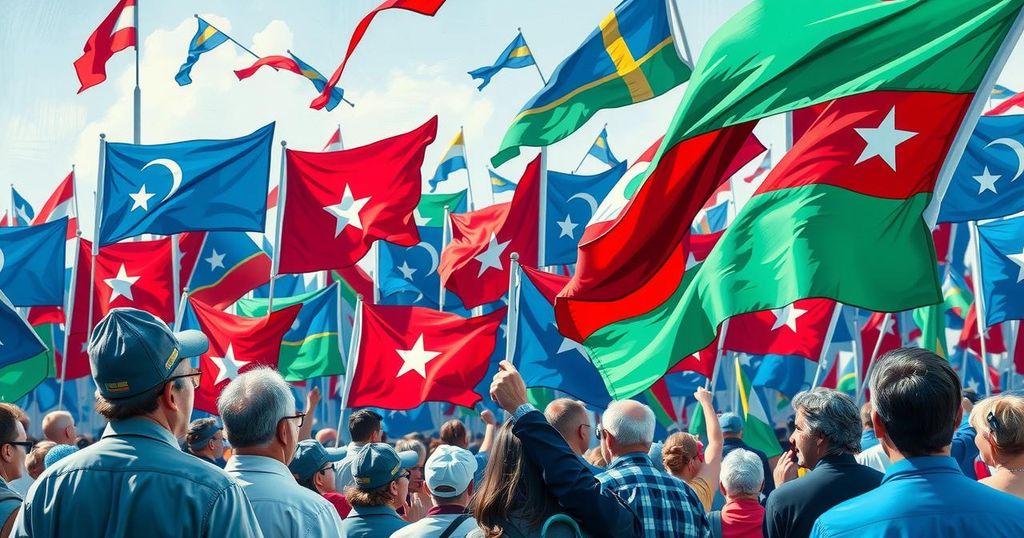Singapore’s Election: The Margin Matters More Than the Winner
The upcoming election in Singapore showcases heightened political engagement and dissatisfaction with the ruling People’s Action Party (P.A.P.). Though the P.A.P. is expected to retain power, analysts indicate a growing strength of the opposition, particularly the Workers’ Party, fueled by concerns over rising living costs. This election may also signal a referendum on the new leadership of Prime Minister Lawrence Wong, who advocates for stability in tumultuous global times.
Singapore is gearing up for an election, but the focus appears to be less on who will win and more on the margin of victory. The ruling People’s Action Party (P.A.P.) seems destined to continue its long-standing dominance, a status it has held since 1959. Yet, as the global crisis continues, fueled by economic turbulence and political uncertainty, public sentiment toward the P.A.P. is shifting, raising questions about voter satisfaction.
Historically, the P.A.P. promoted itself as a stabilizing force during crises. In 2020, during the height of the COVID-19 pandemic, it was no different. Today, as tensions escalate globally, particularly due to changes in trade brought about by former President Trump’s policies, the P.A.P. faces a new challenge. This election will test its current popularity amid previously seen voter discontent—evidence of which was abundant in the 2020 elections where despite a majority, the P.A.P. suffered its second-worst performance.
Political analysts observe a clear trend: the opposition is bolstering its influence, especially with rising living costs weighing heavily on voters’ minds. The Workers’ Party, Singapore’s primary opposition, attracted sizeable crowds during its campaign rallies—indicating a significant push for change. Still, Pritam Singh, the Workers’ Party leader, emphasizes there is a need for balance in the political ecosystem and they are not positioning themselves to form a government at this moment.
At a rally, Singh highlighted the importance of opposition voices in Parliament. He remarked, “When you have opposition in Parliament, your alternative voice is heard by the government. We must be active participants in our democracy.” This statement seems to resonate with citizens eager for a political landscape that reflects diverse perspectives.
The upcoming election may also act as a referendum on Prime Minister Lawrence Wong’s leadership. Wong, who took office last year succeeding Lee Hsien Loong, has underscored the importance of established relationships in global politics, particularly given the ongoing U.S.-China tensions. In his view, stability and trust are essential and the P.A.P. has a lengthy history of delivering this. Presenting Singapore as a financial goldmine with an affluent populace, he reiterated points made by his party for decades.
As Singapore approaches the polls, the emphasis appears increasingly placed on the margin of victory rather than the ultimate outcome. The P.A.P. looks set to continue its rule, but growing dissatisfaction with its policies, especially regarding economic issues, indicates that the opposition is gaining traction. Political analysts suggest that this election holds the potential to challenge the status quo, reflecting a desire for more diverse political representation.
Original Source: www.nytimes.com




Post Comment